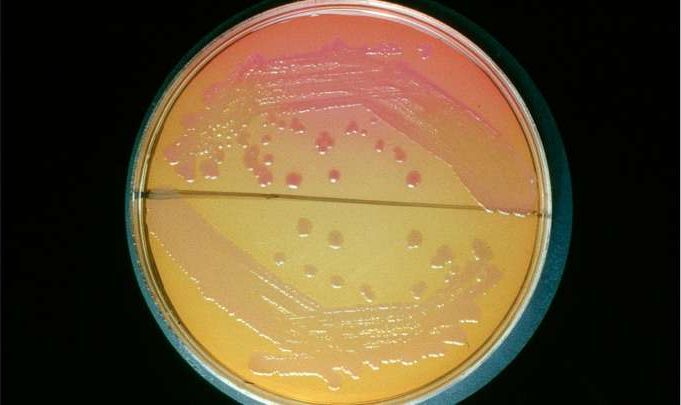
A deadly outbreak of “superbug” salmonella sprung up in the US late last year. While this is certainly not the first time drug-resistant bugs have been found in the US, the outbreak marks yet another milestone on the road to a future without antibiotics.
Over 250 people across 32 states fell sick with a strain of Salmonella that’s resistant to multiple antibiotics between June 2018 and March 2019, according to a recent Morbidity and Mortality Weekly Report from the US Centers for Disease Control and Prevention (CDC). At least two people died from the infection, and a further 60 cases were so severe that they required hospitalization.
The outbreak of antibiotic-resistant Salmonella infections was linked back to beef bought in the US and a “Mexican-style soft cheese” obtained in Mexico. They found that the strain didn’t respond to ciprofloxacin and had “decreased susceptibility” to azithromycin, two of the main antibiotic drugs used to treat Salmonella infections. The unusual strain – known as Salmonella enterica serotype Newport – emerged no later than 2016 and is still continuing to spread among cattle.


















